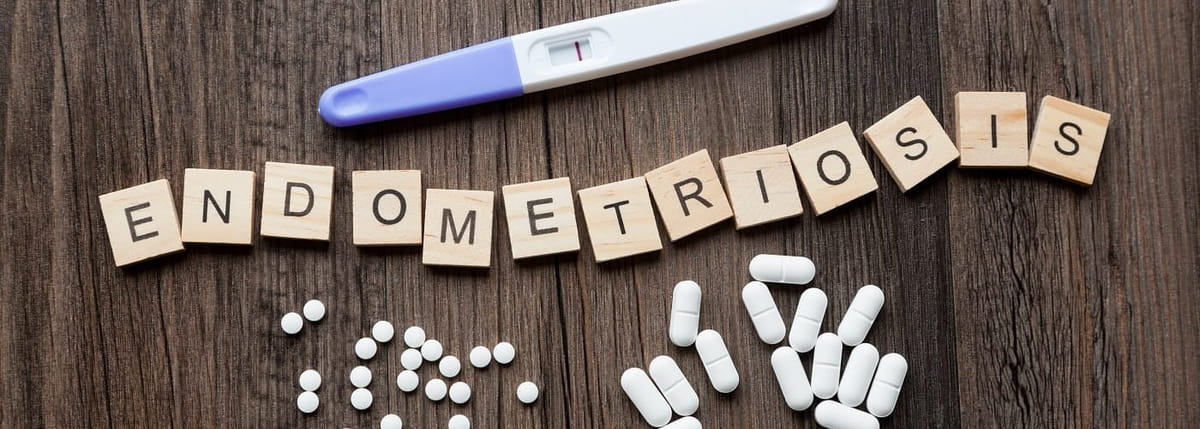
Many women experiencing periods can tell you it’s not the nicest ‘Time Of The Month’. Like everything else, your experience with periods can be different depending on the person however, very few people are aware that extremely painful periods can be due to something else: Endometriosis.
Endometriosis is one of the most common gynaecological conditions in the UK with 1 in 10 women being affected. Despite this, a lot of people still don’t know what endometriosis is and like all fertility subjects, it should not be something we’re embarrassed to talk about. On average it takes 7.5 years for a woman to finally get an endometriosis diagnosis and as a result, the condition costs the UK economy £8.2bn a year in treatment, loss of work and healthcare costs. Many women find themselves bedridden every month suffering from a period from hell and without realising it, they may actually need medical help.
So, what is endometriosis?
Endometriosis is a condition where tissue similar to the lining of the womb starts to grow in places it shouldn’t, such as the ovaries and fallopian tubes. Unlike the cells in the womb that leave the body through the vagina, this blood has no way to escape and can result in sticking organs together which is what causes the agonising pain. Other side effects include fatigue and also infertility. It is not uncommon for a woman to go undiagnosed until she comes to trying to have a baby. If there are signs of endometriosis in the fallopian tubes this can cause blockages and therefore stops the sperm and egg meeting when trying to conceive.
How is it treated?
At present, there is no cure for endometriosis. However, depending on the severity of the condition, there are different treatments available to reduce the symptoms and improve quality of life. Your GP may recommend hormone treatment, likely to be the contraceptive pill stopping your periods and the side effects that come with it and therefore helping reduce the pain. If the condition is more severe they may recommend surgery. Surgery aims to remove the areas of endometriosis via keyhole surgery by either cutting out the fragments or using heat to burn them away.
What should I do if I think I have it?
Endometriosis can be life-altering and should not be treated lightly, but don’t worry: there are people that can help. If you think you could have it, it can be useful to keep track of your periods by measuring the pain level and the heaviness. Book yourself an appointment with your GP to discuss any concerns you may have; they can refer you to the best gynaecologists who deal with this condition on a daily basis. It can also be really useful speaking to other women who are going through the same thing, as they may be able to provide advice and pointers on how to make life easier. For example, simple lifestyle changes such as exercise and avoiding greasy foods can help reduce pain. The condition is being talked about now more than ever so there are plenty of forums and organisations you can turn to for help, endometriosis-UK is the most reputable one in the UK and has a lot of useful information about best courses of action.
In many cases women with endometriosis can get pregnant with no issues at all, in fact, some women say their condition massively improved after having a baby. However, if you are struggling to fall pregnant this could be the reason. The team at IVI London will be able to answer this in your first consultation and advise you on next steps.





Comments are closed here.